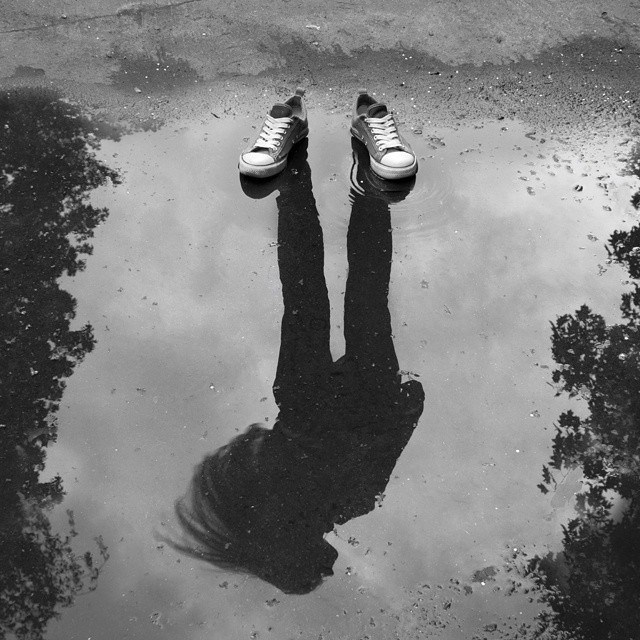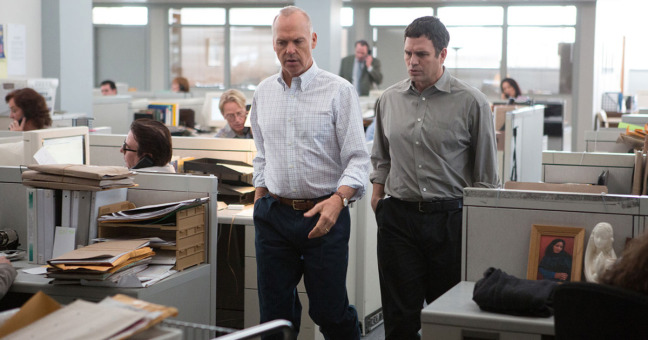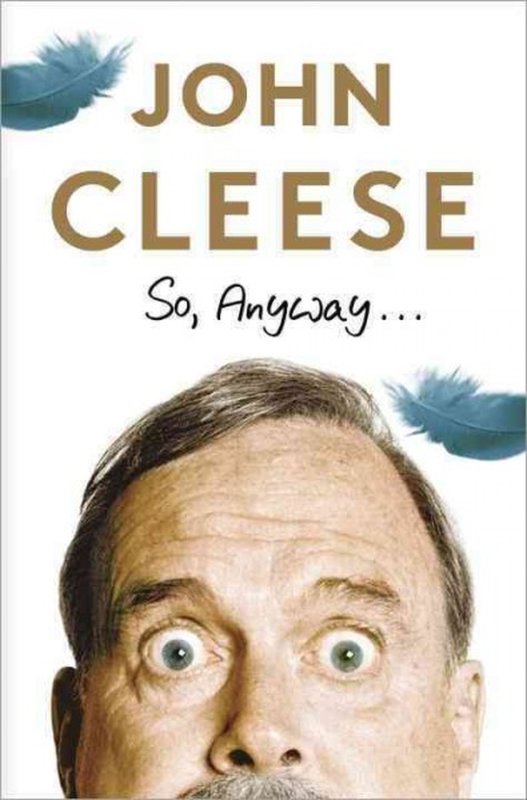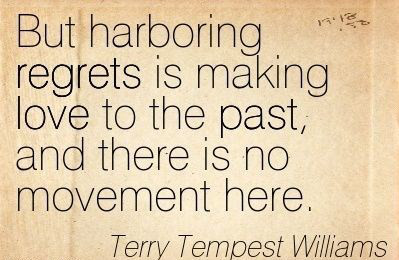The final habit is simple yet still, many of us fail to do it. Covey calls this particular habit “Me Time.” Habit 7 is all about sharpening your saw. It’s about taking care of yourself, especially if you feel stressed, imbalanced, empty, etc. Most people take care of themselves, but not exactly in the right way. Covey gives us four dimensions we work on, but we mostly work on only a few select when we should work on all four. These four dimensions are:
- Body
- Brain
- Heart
- Soul

Most of us would love to have a great body or just be healthy. But most of us fail. Fortunately, Covey is here to help. For nutrition, he gives us two rules of thumb. Rule one is to listen to how your body reacts to certain foods. That way you can make a list of do’s and don’ts about food; what can you eat and what you know your body will reject. Rule two is simple yet we still do the opposite of it; it’s to limit your intake of food. It’s to be moderate and not be extreme about eating. As for exercise, he tells to use our body or we lose it. Covey says that when we feel negative feelings such as depression, confusion, and apathy one of the best ways to get rid of them is to exercise. Statistics have proven it helps to clear the mind when clouded with impurities. But of course, you shouldn’t exercise only when you’re feeling down. You should do it at least three to four times a week (for at least thirty minutes) because your body still gains benefits. Covey goes to say that with your body it’s about how you feel in it and not how you look. He says that becoming too obsessed and/or self-depreciating will pretty much put you back at square one. Nothing good ever comes from hating your natural look. The author then goes on to tell us that if you’re an addict to drugs and/or alcohol you have the power to stop. He tells us the facts about using addictive substances. To sum them up, they’re harmful and bring nothing but bad luck. But the upside to it is that you can stop whenever you want even if it’s arduous. The path to recovery is never easy, but the results are great if you stick to them. But of course, becoming an addict has a beginning, just like everything else. Covey tells us that refusing drugs is easier said than done and he’s right. Which is why he gives five whys to refuse them:
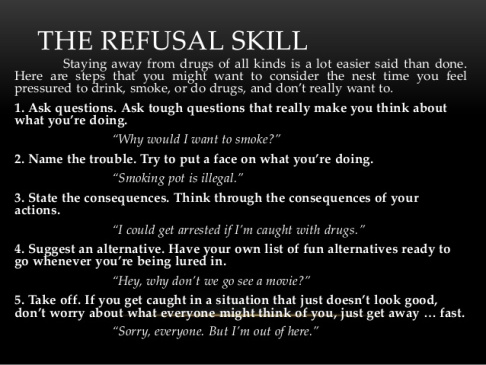 All in all, just take good care of your body.
All in all, just take good care of your body.
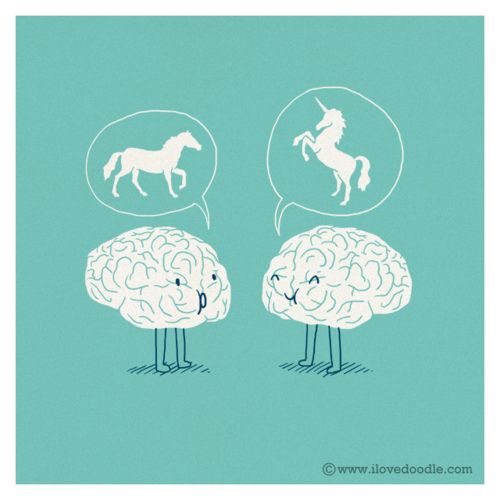
Sharpening your mind is very much needed. You can find the perfect sharpener to do so in your academics, clubs, jobs, hobbies, and over all any brain powered experiences. But unfortunately, many say that knowledge is expensive or unneeded if they won’t use it. None of these are true. The more you know the better, and just because you may not have the resources like someone else, shouldn’t stop you from gaining knowledge. Expensive resources exist, but so do cheap ones. Expensive may be easier to use, but even a cheap resource can get you a scholarship if you simply work for it. Covey goes on to tell us that the simplest way to sharpen your mind is to just read. Reading is a wonderful pool of fundamental. Even if it’s fiction, you still learn something. He then goes on to say that we will come across subjects in school we despise, but that shouldn’t stop us from finding subjects we actually like. These likable subjects can be anything and will make school easier to bear since it’s enjoyable. But you shouldn’t stop your knowledge about the subject at school. Take the time to do all the research you want on it. This also goes with the subjects you dislike. Likable or not, don’t let school be your only source on any subject. And don’t let school be your only source of knowledge. The world is filled with other sources that may or may not be better but a source nonetheless. To put it simply, take the time to learn more. And on the subject of school, Covey tells us to not make this huge, massive mistake: don’t let school get in the way of your education. School is a pain. You have teachers who give you too much work and hate you. Then you have parents and teachers who pressure you to be adept at every subject, making grades your first priority. They should be, and many students make them their priority, but in the processes of getting that God-forsaken A, they learn nothing. Students are so obsessed with getting a good grade that they forget what they really come to school for, to learn. So the grade may be important, but so is the knowledge. And these aren’t the only barriers, there are also mental barriers such as screen time, the nerd syndrome, and pressure. Technology is great, but it takes a lot of our time away. The nerd syndrome is honestly the stupidest one; it’s the fear of being labeled as a nerd. Covey tells us that people are often made to feel as if being too smart is bad because it might intimidate someone else. There is nothing wrong with being knowledgeable, but there is with being ignorant. And pressure, in this case, is being afraid to do well in school cause it creates expectations for you. Bringing home good grades makes expectations, making you feel pressured. So if you do poorly, there are no expectations which equals no pressure. But in the wise words of Sean Covey, “Don’t sweat the pressure. You can handle it.” Overall, the key in sharpening your mind is dependant on how much you want the knowledge. And knowledge is a powerful thing.
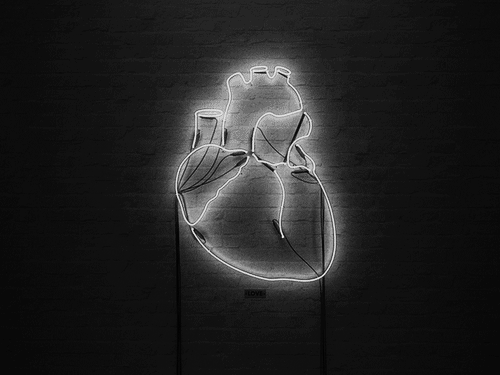 Your heart is a fragile thing. It can be strong but can be crushed in a matter of seconds. This action no doubt will (probably) make you emotional. And an emotional rollercoaster is something not many of us want. Thankfully, Covey tells us how to deal with these unstable emotions. In one of the previous chapters, he talks about RBA and PBA deposits. Well, he talks about them in this chapter too for they help nourish your heart. For your RBA (Relationship Bank Account) he says that we should keep promises, do small acts of kindness, be loyal, listen, apologize, and set clear expectations. As for you PBA (Personal Bank Account), you have to keep promises to yourself, do small acts of kindness, be gentle with yourself, be honest, renew yourself, and magnify your talents. Covey tells us that the accounts are similar because when making deposits into other people’s account you usually put some in yours, nourishing not one but two hearts. The author then goes on to intercourse and relationships. He expresses that intercourse is more than just your body, it’s about your heart too. Covey then goes to say, “In fact, what you do about sex may affect your self-image and your relationships with others more than any other decision you make. Before you decide to have sex or to continue having it, search your heart first and think about it . . . carefully.” But as said earlier he has ways to help us. Covey gives fifty reasons that conclude you in not being ready for intercourse. Here are some:
Your heart is a fragile thing. It can be strong but can be crushed in a matter of seconds. This action no doubt will (probably) make you emotional. And an emotional rollercoaster is something not many of us want. Thankfully, Covey tells us how to deal with these unstable emotions. In one of the previous chapters, he talks about RBA and PBA deposits. Well, he talks about them in this chapter too for they help nourish your heart. For your RBA (Relationship Bank Account) he says that we should keep promises, do small acts of kindness, be loyal, listen, apologize, and set clear expectations. As for you PBA (Personal Bank Account), you have to keep promises to yourself, do small acts of kindness, be gentle with yourself, be honest, renew yourself, and magnify your talents. Covey tells us that the accounts are similar because when making deposits into other people’s account you usually put some in yours, nourishing not one but two hearts. The author then goes on to intercourse and relationships. He expresses that intercourse is more than just your body, it’s about your heart too. Covey then goes to say, “In fact, what you do about sex may affect your self-image and your relationships with others more than any other decision you make. Before you decide to have sex or to continue having it, search your heart first and think about it . . . carefully.” But as said earlier he has ways to help us. Covey gives fifty reasons that conclude you in not being ready for intercourse. Here are some:
- You feel pressure
- You can’t support yourself or a child
- It goes against your moral beliefs
- It goes against your religious beliefs
- You’ll regret it after
- You think it’s not okay to be a virgin
- You don’t know how to protect yourself from HIV—the virus that causes AIDS
- You don’t know the signs and symptoms of sexually transmitted infections (STIs, also called STDs)
The list goes on. Covey really expresses that we should think before actually having intercourse. If you don’t, no nourishment will be given to your heart, especially if you’re already on an emotional rollercoaster. The author then goes to talk about depression. He explains that there’s a difference between the occasional sadness and sustained depression. He tells that if we’ve been depressed for a prolonged period of time, we’re fortunate enough that it’s treatable with medicine or simply by talking to someone. And if you suffer from suicidal thoughts, Covey says to hold on. It will get better, bad times will pass. But after all of this, he tells us that the key to keeping your heart healthy and strong is by laughing. Just laugh it off. Life sucks, it always will, but positivity and a child-like piece in your heart (no matter how big) will get you through the hard times.
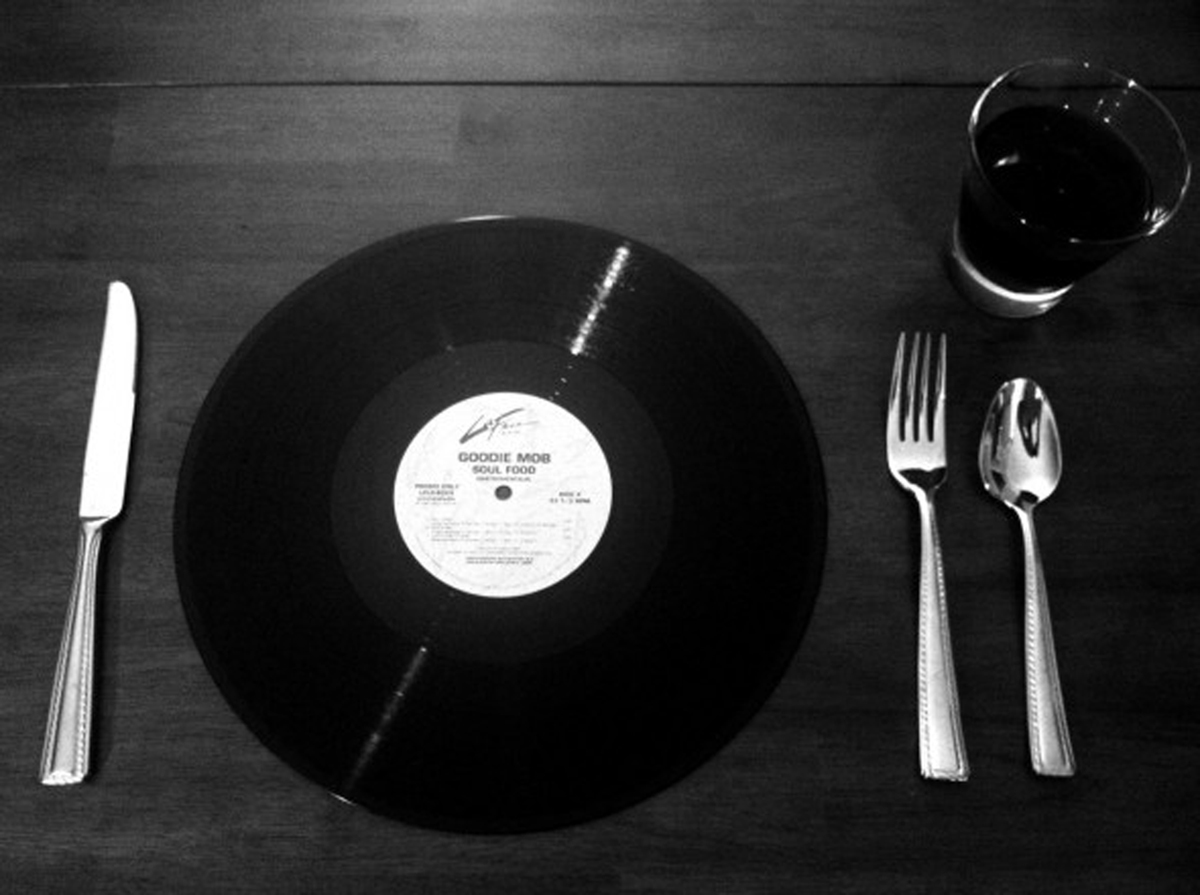
Ever heard of feeding your soul? Better yet, have you ever fed your soul? Actually, let me rephrase that— do you even notice that you feed your soul? After reading Caring for Your Soul, it’s come to my attention that we do it and we don’t really notice it. And to be honest, it seems that this one is the one that is mostly done. It’s the easiest one to do. It’s so simple that once again, (most of) we don’t notice it at all at times. But no matter how simple something is, people somehow still manage to mess it up. They either do it wrong, don’t understand, or just plain out don’t do it. We are honestly fortunate to have some tips from Covey. There are multiple ways to feed your soul. The one most used is listening to music. Music is amazing and it works wonders, honestly, but if it doesn’t always work or it doesn’t really work for you in general, there are plenty of other ways to do so. Here are some:
- Meditating
- Helping others
- Writing in a journal
- Taking walks
- Reading inspiring articles and books
- Drawing
- Praying
- Writing poetry or music
- Thinking deeply
- Listening to music that speaks to you
- Playing a musical instrument
- Practicing a religion
- Talking to friends that you can be yourself around
- Reflecting on your goals or mission statement
Those are just some ideas. There are also a couple of techniques. One of them is getting back to nature. The world is evolving, things come and go. And as it does, we forget things—important things, like putting technology down and go for a run or walk. Or when something goes wrong, we forget that Mother Nature has healing properties. (No joke, that’s where most of our medicine comes from.) Being around nature feeds your soul, making it feel fresh and alive—like nature itself. Another technique he gives us is keeping a journal. In a journal you’re free to express yourself no matter how you feel. You’re basically cleansing your soul from whatever plagues it. Now comes a question we should really ask ourselves: What do I feed my soul? Taking notice in your spiritual diet is also another one. Covey says that the media is basically an all you can eat buffet for your soul. Whatever you watch is what seeps into you and into your soul. Making his words true: “You’re not only what you eat, you’re also what you listen to, read, and see.” Now, of course, his words shouldn’t affect you much if your spiritual diet consists of good things (maybe some bad since it’s good to balance yourself out. Also no one is perfect so. . .), but if they consist of dark and not-so-good things, your soul is not healthy. And it’s worse when the dark and ill things are addictive. But just like in previous chapters, he tells us that we can and have the power to stop whatever we dislike and/or is harming us, especially if we’re the ones to cause it. But even after all of this helpful information, many still fail to sharpen the saw. And that’s because many believe that time is not on their side, when in fact it’s the exact opposite. Covey tells us there are is a time and a place for everything and that the downtime you spend will help you immediately for sharpening your saw will make it easier and faster to cut. And if that doesn’t help you, let the wise words of the sixteenth president, Abraham Lincoln sink in; he was asked, “What would you do if you had eight hours to cut down a tree?” President Lincoln responded with, “I’d spend the first four hours sharpening my saw.”
I won’t lie, I’m guilty of  not doing some of these. And I am aware that it is important to sharpen your saw, yet I chose to ignore some just because they don’t interest me. The ones I do actually do are caring for my brain and soul. I think it’s important and awesome to know more than people expect you to. And I think it’s very much needed to renew and cleanse your soul every once in a while. So what I do sometimes is, watch informational videos on just about anything. Even the most useless facts are pretty interesting to me. As for the soul part, I meditate every now and then and listen to music everyday (and I mean everyday). But it’s different for the other two. For my body, I’ve actually been exercising, so I’m slowly going up that ladder. But as for the heart, I do the opposite of what I’m supposed to do. I’m a very reserved person so I tend to not express myself or my thoughts. And with caring for your heart, you have to do the opposite. But I know I can do it. If I can exercise when I actually hate to, I can sure as heck make deposits in my PBA and RBA. I can make them by telling my loved ones how much I care for them and make time for them. And I can overall just so more kindness (which I do have a bit of a struggle with).
not doing some of these. And I am aware that it is important to sharpen your saw, yet I chose to ignore some just because they don’t interest me. The ones I do actually do are caring for my brain and soul. I think it’s important and awesome to know more than people expect you to. And I think it’s very much needed to renew and cleanse your soul every once in a while. So what I do sometimes is, watch informational videos on just about anything. Even the most useless facts are pretty interesting to me. As for the soul part, I meditate every now and then and listen to music everyday (and I mean everyday). But it’s different for the other two. For my body, I’ve actually been exercising, so I’m slowly going up that ladder. But as for the heart, I do the opposite of what I’m supposed to do. I’m a very reserved person so I tend to not express myself or my thoughts. And with caring for your heart, you have to do the opposite. But I know I can do it. If I can exercise when I actually hate to, I can sure as heck make deposits in my PBA and RBA. I can make them by telling my loved ones how much I care for them and make time for them. And I can overall just so more kindness (which I do have a bit of a struggle with).
